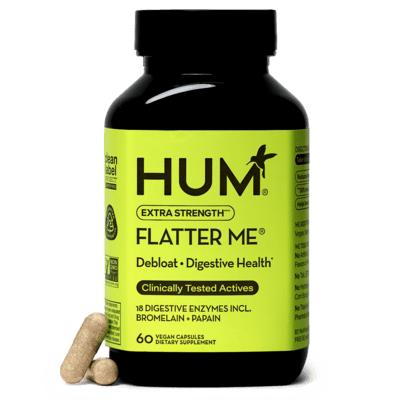We’ve all been there – staring at the grocery store shelf with fifteen different cooking oils, wondering, “Which one won’t wreck my gut?” Between options ranging from olive and avocado to coconut and vegetable oils, it’s enough to make your head spin.
So, cooking oils, good or bad? From olive and avocado to coconut and vegetable oils, we break down the best oils for your health, but don’t worry, we’re here to help and break it all down for you so you can cook easy and rest healthy.

Not All Oils Are Created Equal
Here’s the thing: different oils have different superpowers (and kryptonite). That bottle of extra virgin olive oil? Amazing for drizzling on salads, but might not be your BFF when you’re cranking up the heat for a stir-fry.
The stability of cooking oils is determined by their fatty acid composition, and this affects how they behave when heated. “Oils that have monounsaturated and saturated fatty acids are more stable when exposed to heat and less vulnerable to reacting with oxygen and creating that cell-damaging oxidation, explains Tami Best, MS, RDN, IFNCP, a functional and integrative dietitian at Top Nutrition Counseling.
Basically, when you heat certain oils past their smoke point (that’s when they start, well, smoking), they break down and release compounds that can irritate your gut and even cause bloating. Not the vibe we’re going for!
Your Go-To Oil Guide
Let’s break down which oils to grab based on what you’re cooking:
High-Heat Cooking (stir-frying, searing, frying):
- Avocado oil (smoke point: 520°F) – the high-heat MVP
- Refined coconut oil (smoke point: 450°F)
- Ghee (clarified butter, smoke point: 485°F)
Medium-Heat Cooking (baking, light sautéing):
- Light olive oil (smoke point: 465°F)
- Grapeseed oil (smoke point: 420°F)
Low-Heat or No-Heat (dressings, drizzling):
- Extra virgin olive oil (smoke point: 325-375°F)
- Flaxseed oil (smoke point: 225°F)
- Walnut oil (smoke point: 320°F)
When Oils Make Your Gut Say “No Thanks”
If you’ve noticed an uncomfortable bloated feeling after eating certain fried foods your cooking oil might be the culprit! When oils are heated beyond their smoke point or reused multiple times, they can create compounds that are tough for the digestive system to process.
The solution? Reach for Flatter Me before meals where you know oils might be present (and you’re not the one manning the kitchen). Our clinically proven digestive enzyme formula helps break down all foods, including fats, to beat the bloat in just 30 minutes. With 18 full-spectrum enzymes plus gut-soothing ingredients like ginger, peppermint leaf, and fennel seed, it’s like having your own personal digestive assistant.
FAQs
Are “seed oils” bad?
It’s less about “good” or “bad” and more about using them appropriately. Seed oils like sunflower and safflower have their place but are better for moderate-heat cooking rather than high-heat applications.
Can I reuse cooking oil?
It’s best to avoid reusing oils multiple times, as each heating cycle causes more degradation and can create compounds that may cause digestive discomfort.
Is olive oil really the healthiest option?
Extra virgin olive oil offers amazing health benefits thanks to its antioxidants and monounsaturated fats, but it’s best used for lower-heat cooking or as a finishing oil.
Will changing my cooking oils help with bloating?
Using the right oil for the right temperature can help, but for extra support, a digestive enzyme supplement like Flatter Me can make a huge difference by helping break down fats and other food components.
Should I toss all my vegetable oils?
Not necessarily! Just be mindful of how you use them. Save more heat-stable oils for cooking and more delicate ones for finishing dishes.
Conclusion: The Takeaway on Cooking Oils
The right oil for the right cooking method = happy gut. Match your oils to your cooking temperature, never reuse oils multiple times, and keep Flatter Me on hand for those times when you’re dining out or enjoying foods cooked with oils that might cause bloating. Your gut will thank you, and that post-meal bloat will be a thing of the past!
Disclaimer:
Clinically tested to reduce bloat by up to 2 inches and debloat in 30 minutes! Average ½” less bloating based on a placebo-controlled, crossover clinical study of 19 participants who took identical test meals, once with Flatter Me and once with a placebo.
All Hum Nutrition products are free from titanium dioxide, artificial preservatives, artificial flavors, hydrogenated oils, artificial colors, artificial sweeteners, high fructose corn syrup, and EDTA – because what’s NOT in your supplements is just as important as what IS.









